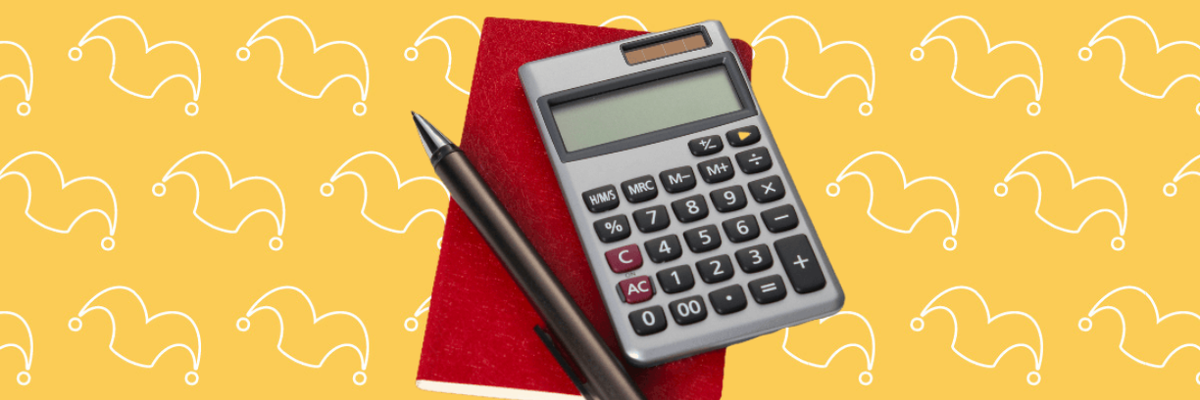I Have $100,000 to Invest. Where Should I Put It?
KEY POINTS
- You can invest your money by opening a brokerage account -- look for one with commission-free trading and a user-friendly platform.
- Target-date funds and index funds are popular investment options that don't take much time.
- Investing is a good way to build wealth, but don't forget to keep some money in savings for emergencies.
If you've saved up $100,000, give yourself a hefty pat on the back. It takes a lot of time and financial discipline to save that much money. If you don't already have a plan, the next step is deciding what to do with it.
Some people keep all their money in savings, because they're worried about losing it. While your money will be safe this way, it won't be earning much, which can cost you hundreds of thousands over the course of your career.
To build wealth with your money, you'll need to invest it. Here's how to get started.
Start by opening a brokerage account
A brokerage account is how you buy and sell investments. When you open an account with a stock broker, you can transfer your money to it and start investing.
Fortunately, there are more brokers available than ever before, so you're not short on options. Here are a few important features to look for so you can find the best stock broker:
- Commission-free trading
- No monthly fees
- No minimum balance requirements
- A user-friendly platform
Don't want to spend a ton of time looking for a broker? Consider Robinhood, the broker that pioneered commission-free trading. It's also one of the best brokers for beginners, making it easy to jump in and start investing. Click here to learn more and open an account today.
Investment options
Once you have a brokerage account, the next step is deciding which investments to buy. The most common options are stocks and bonds. Here's how each one works:
- A stock is an ownership share in a company. While stocks can be volatile, they're one of the best investments for growth. The stock market, as represented by the S&P 500 index, has delivered long-term returns of about 10% per year.
- A bond is a debt obligation issued by a government agency or a company. When you buy a bond, you're loaning money, and you receive fixed income payments in return. Bonds are a stabler investment with lower returns, normally of about 4% to 5%.
You could buy individual stocks and bonds, but that's time consuming. There are a couple of much faster and simpler ways to invest.
Target-date funds
A target-date fund does all the work for you. You pick one based on when you want to retire. For example, if you're planning to retire in 2055, you'd invest in a 2055 target-date fund.
This type of investment builds a portfolio for you based on how close you are to retirement. When retirement is still decades away, it will put most of your money in stocks to maximize growth. It will then gradually shift some of your portfolio into bonds so your portfolio isn't too volatile as retirement approaches.
Index funds
An index fund aims to follow a specific market index, such as the S&P 500. When you buy an index fund, your money gets invested in a large number of stocks or bonds, all in a single investment.
For example, you could invest in a total stock market index fund that aims to follow the entire U.S. stock market. Instead of looking for a needle in a haystack, you're essentially buying the entire haystack. This is what I personally do with most of the money I invest -- I put it in a total stock market fund.
How to divide up your money
When managing money, it's important to balance building wealth with financial security. It's not a good idea to invest all your money, because you won't have anything left in case of an emergency.
It's widely recommended to have an emergency fund with three to six months of living expenses. So, if you've saved $100,000 total, set aside at least three months of expenses for emergency savings. You should also set aside money for any big upcoming expenses you'll have.
Once you have your savings needs covered, you can invest the rest of your money. In addition to a regular brokerage account, make sure you're using retirement accounts, too. Individual retirement accounts (IRAs) allow you to invest while saving on taxes. Click here to learn more about IRAs and see our top picks.
How you invest your money will depend on your age and risk tolerance. Target-date funds and index funds are both good options. What's important is having an appropriate mix of stocks and bonds so you can grow your money without taking on too much risk.
Our Research Expert




